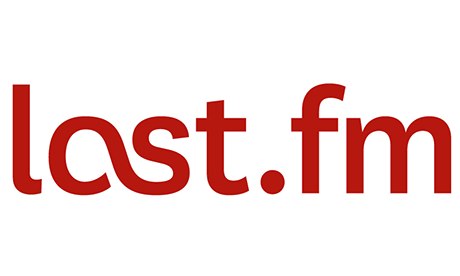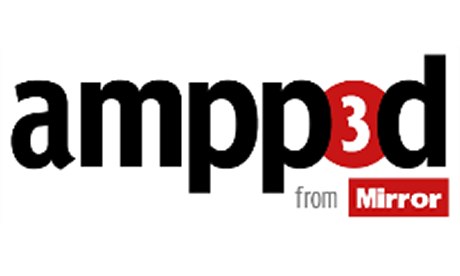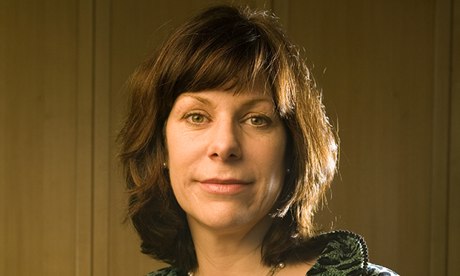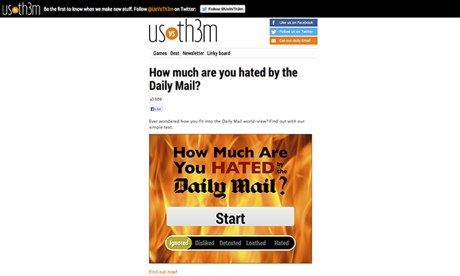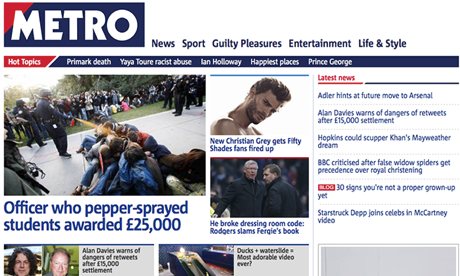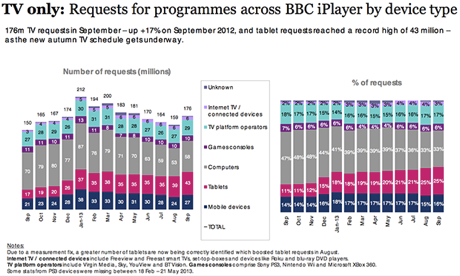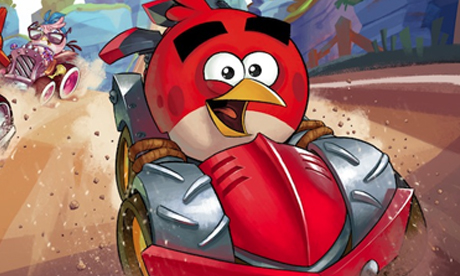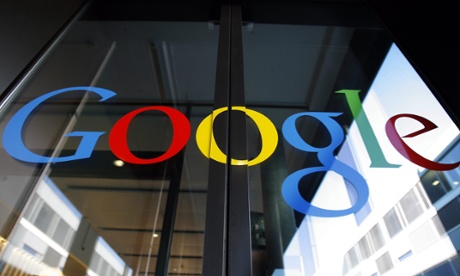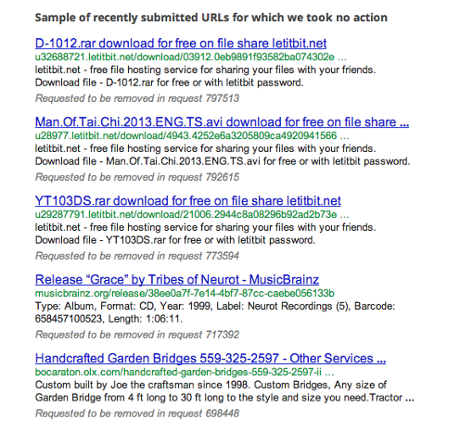Notes...
Part one of The Arab Spring...
As a generation of young people no longer prepared to suffer in silence, rose up against the hated deskbox who ruled their country. By the end of February was beginning to look as if the revolution was easy, a generation of young bloggers and tweeters giving voice to democratic movements across the Arab world.
- World changing events recorded every hour
- Balance of power
- 26 year old Mohammed Buazizi a fruit seller
- Bassam Chicri (Friend of Mohammed) made a complaint but ignored
- People started recorded events on their mobile phones (Buazizi set himself on fire)
- Tunisa's television reported nothing
- Press was censored
- Police shot innocent people for recording footage
- Tunisa - Ben Ali a dictator (Police state)
- Reference to this protest was not featured on television
- Bloggers faced torture and detention
- UGTT (hacked union website)
- Moving onto democracy and pluralism
- Failed public relations campaign on television (old media which everyone ignored)
- Internet is immediate, no single/central hub (out of control)
- Protest videos went viral
- Al Jazeera News is a leading Arab news channel
- Copycat demonstrations
- Warnings on Twitter and Facebook
- Live mobile streaming
- December 2010 a man commuted suicide (Uprising of The Arab Spring)
- December 17th Friday a police women abused Mohammed Buazizi on the street
- 90% of Tunisaian's had mobile phones
- Quarter had broadband
- Took 28 days for Ben Ali to end dictatorship
- 2 million facebook user (one in five)
People...
- Mohammed Buazizi (Fruit seller)
- Bassam Chicri (Mohammed's Friend)
- Ben Ali (Dictator)
Part two of The Arab Spring...
- Gaddafi had the run the country for 42 years as his personal theft-Dom
- Gaddafi failed invest in economical growth
- A divide/rule policy
- Any form of public gathering was not allowed
- Tunisa's and Egypt found the internet where young people can meet and talk
- Aya and Mimi made facebook to express their voices/freedom
- Groups created on Facebook
- Libya had poor communications
- Social media had the power to unite young people against Gaddafi
- Invisible army of young Libyian's waiting for a revolution
- Unemployed graduates saw no prospects for themselves in Gaddafi's Libya (Mohammed, Saleem and Mohammed)
- First spark of revolution in Libya was in the eastern city of Bengazi
- Gaddafi's right man was Abdullah Senussi
- Young chemical engineer started recording footage on his mobile phone
- Tripulee shut-down the internet and mobile connections but footage was already reached to the other side
- Street wars
- Some of Gaddafi's men turned into protesters
- Gaddafi's eastern rule in Libya was over
- Gaddafi's speech back fired as parody's were made
- Protests breaking out in Morocco, Algeria, Jordan, Yemen and a small island state in Bahrain
- Bahrain is connoted as a rich famous country and for its oil
- Corrupt leadership, discrimination, democracy
- Young Shia activist Ali Abdul Hardi... used facebook to organise a protest
- Police followed and shot Ali Abdul who died later in hospital
- King Hamad made a rare television appearance - expressed his regret for Ali Abdul and another protester and dialogue
- Demanded for political reform and equal rights for all citizens both Shia and Sunni
- Human rights activist Nabil Rajab saw something unique happening in the society he lived in
- Footage of people shot uploaded onto YouTube
- Doctors and nurses arrested and tortured for helping the protesters
- Libya was in civil war
- Yemen protesters threatened presidents 30 year rule
- Journalists banned from Syria
- Cyber activist Rami Nakhle created a Facebook page
- Assad knew the power of the internet therefore blocked Facebook and YouTube
- Country in the eye of security
- In February Assad unblocked Facebook (Big mistake)
- Revolution and uprising conversations over Facebook
- Early March a group of young teenagers was arrested in the Southern Syria town of Delha, they were caught spray painting the walls of their school, they were soon disappeared
- City found out the teenagers were tortured and therefore the protesters reacted rebelliously
- YouTube a popular media outlet
- Protests spread in Syria of Baniyas, Homs, Hama, Latakia
- Syrian police started hacking into activists websites and Facebook pages
- Omar and Rami received threats inside Syria
- 1992 Assad's father was responsible for the massacre of 10 thousand people.
- 1996 over thousand prisoners were gunned down while being held in the Abusaleem Prison in Tripulee
- February 2011 Egypt Revolution began
- February 14th Bahrain started protesting
- March 15th Omar and activists protested
- March 18th troops fired at the heart of Pearl roundabout
- March 17th a UN resolution was passed, authorising the us of military force against Gaddafi of Libya
- March 23rd authority sealed of the city, many protesters beaten up and arrested
- March 25th zero tolerance of uprising
- April 16th Al-Assad made a speech
- April 19th Hom's started protesting
- April 25th tanks were sent into Baniyas, Hom's, Dara
- May 9th ever Friday there was warfare across the streets
- July 31st tanks were sent into Hama
- August 21st a dramatic change in Libya, Gaddafi was not in power
- 1000 people killed
- 3000 people took to the streets
- 5% of the population had access to the internet
- 20% of the population had access to the internet
- Gaddafi dictator of Libya
- Aya Bokharobah (Mother in prison)
- Mimi Mahmoud (Father killed in prison)
- Abdullah Senussi Brother-in-law of Gaddafi
- Tawfik Othman a Chemical engineer
- Ali Abdul Hardi... Protester
- Entisar Mushaima (Ali Abdul's aunt)
- Saleh Mushaima (Ali Abdul's Father)
- Nabil Rajab a Human rights activist
- Rami Nakhle a Cyber activist
- President Bashar As Assad reputation of politics
- Wahid Saqr former Syrian Government Security Officer
- Omar Edilbi Father of one of the teenagers who was arrested

